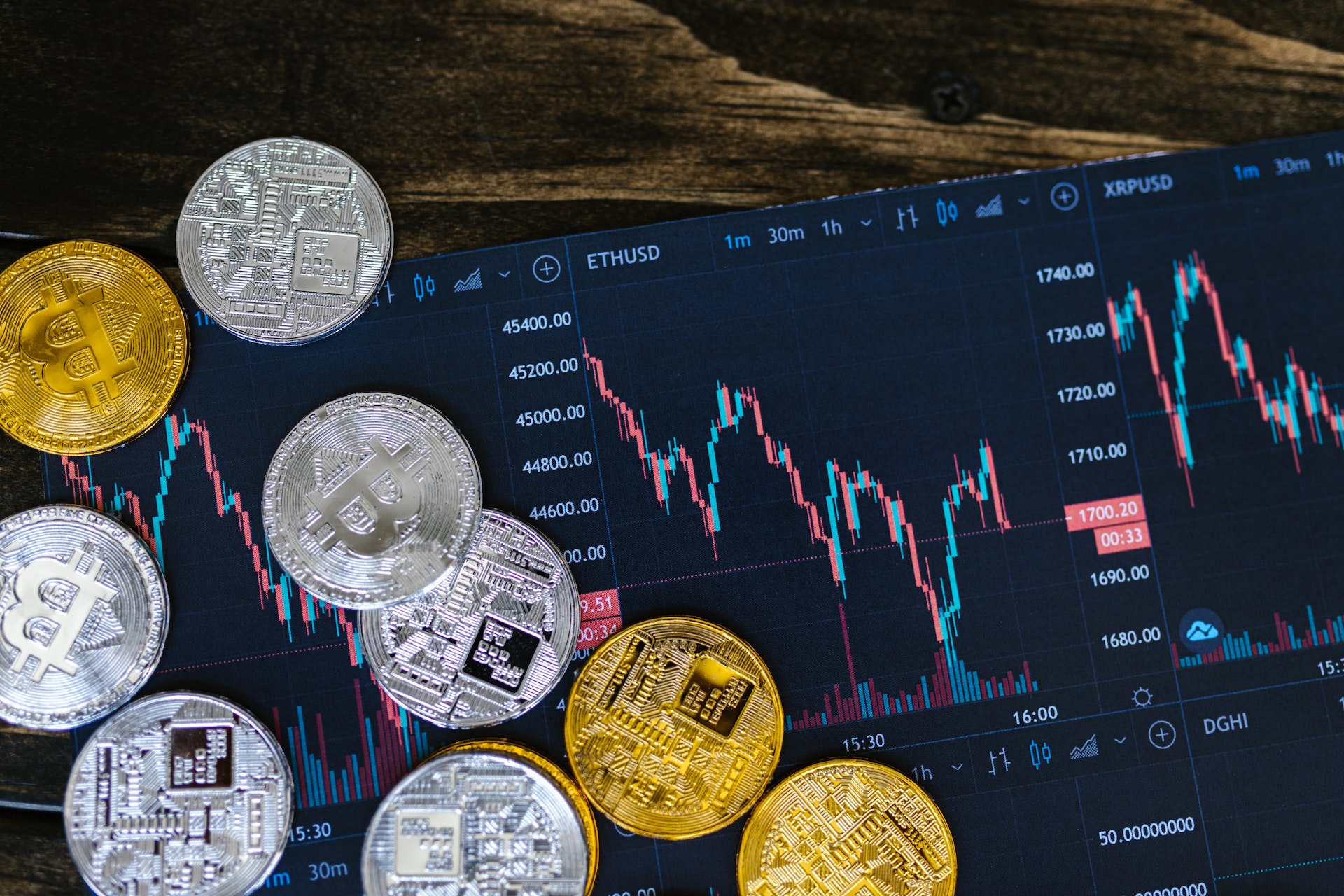Cryptocurrency, led by bitcoin, has become a hot topic in the mainstream media recently. Both the CME and Nasdaq have announced plans to introduce trading in bitcoin futures. And the investing community continues to be split between those who believe it is the future of currency and those who believe it is a bubble or, worse, a fraud, as Jamie Dimon called it in September.
There are many big questions with uncertain answers about virtual currencies, including the right valuation, whether it is in a bubble, or how fraud will be dealt with given its current state of regulation. Amid these questions though, it seems almost certain that there will be more whistleblower cases involving bitcoin and other cryptocurrencies in the future. So we thought it worth beginning to talk about some of the issues that we are seeing.
Welcome to the Wild West
In 2014, the U.S. Consumer Financial Protection Bureau (CFPB) called virtual currencies such as bitcoin the “Wild West” of financial products. However, the SEC has since made it clear that they consider qualifying ICOs subject to the registration requirements of the federal securities laws. The CFTC also came out with a publication in October 2017 that reiterated its 2015 stance that bitcoin and other such assets are commodities.
It seems likely that there will be many instances of unregistered offerings. A former lawyer for the SEC recently spoke at the ICO Forward Summit and suggested that there might be the creation of an assembly line for enforcement actions where the SEC issues a subpoena to participants in an ICO and then brings a lawsuit if the facts match a particular pattern of misconduct. As it relates to SEC whistleblowers, it is worth noting that there needs to be $1 million recovered in order to qualify for a reward.
There are also expected to be instances of ICO fraud. A company that raised nearly $375,000 through an initial coin offering, Confido, recently deleted its website and investors have lost contact with the company. According to media reports, the background of the CEO appears to be fake since two of the three companies on it have confirmed that they have no record of him. The cryptocurrency exchange which Confido used to launch its ICO has announced that it will reimburse investors.
There have also been cybercrimes. Nikkei Asian Review called digital currency thefts a record in Japan when hacking led to more than half a million dollars in reported cybercrimes in the first half of 2017. The cases involved unauthorized computer access to take bitcoin, ethereum, and Ripples’s XRP. Although the general hacking case is probably not eligible for a whistleblower reward, the hacking of a regulated entity like an investment bank to take bitcoins they are holding for customers could be a very different matter and get the attention of regulators.
There will probably also be IRS enforcement actions started as a result of IRS whistleblower tips. This is one area that the IRS has been digging into recently. A federal court has partially granted a request from the IRS for information about users of Coinbase, a cryptocurrency exchange allowing buy/sell trading functionality in 33 countries including the United States. According to the IRS in the request, less than 1,000 taxpayers identified capital gains or losses on IRS Form 8949 in each of the years 2013 through 2015. Given the popularity of virtual currency, the IRS obviously suspects that there is a great deal of tax underpayments among those earning profits from buying and selling bitcoins.
Looking Toward the Future
We’re keeping an eye out for other potential whistleblower cases that develop in this area. It is a topic that may seem like it is moving faster than the current regulation, but fast-growing new securities can lead to big government fines as a result of misconduct. It has not been that long since the government fined corporations billions for their conduct with respect to credit default swaps and residential mortgage backed securities from the recent financial crisis. After all, the credit default swap market was once also referred to as the Wild West.


